
Julie Keeps Quiet (dir. Leonardo Van Dijl)
Certificate: 12A
Running Time: 97 mins
UK Distributor: Curzon
UK Release Date: 25 April 2025
WHO’S IN JULIE KEEPS QUIET?
Tessa Van den Broeck, Ruth Becquart, Koen De Bouw, Claire Bodson, Laurent Caron
WHO’S BEHIND THE CAMERA?
Leonardo Van Dijl (director, writer), Ruth Becquart (writer), Gilles Coulier, Gilles De Schryver, Wouter Sap, Roxanne Sarkozi and Delphine Tomson (producers), Caroline Shaw (composer), Nicolas Karakatsanis (cinematographer), Bert Jacobs (editor)
WHAT’S IT ABOUT?
A tennis prodigy (Van den Broeck) mysteriously refuses to speak up in the wake of a scandal…
WHAT ARE MY THOUGHTS ON JULIE KEEPS QUIET?
[This is a slightly re-edited version of our review for Julie Keeps Quiet from its showing at the BFI London Film Festival]
The #MeToo movement did more than just expose some of the most prolific abusers in the film industry and beyond. It also inspired many who had perhaps been subject to horrific treatment in the past to finally come forward and share their experiences, in the hopes that what they went through will never happen again to anyone, whether they hail from the film world, or music, or sports, or any major realm of entertainment.
But what of those who, despite the newfound courage to speak up, simply don’t? What about those who may be unwilling to go public with their own stories, whether out of fear that retribution will deal them a bum hand, or out of embarrassment that they had to endure it at all? It’s a complex scenario, one that writer-director Leonardo Van Dijl’s striking debut feature Julie Keeps Quiet explores with a simmering anger that is, unlike many post-#MeToo cinematic exposés, powerful in what it doesn’t say rather than what it does.
The Belgian film is set at a prestigious tennis academy, where 16-year-old Julie (Tessa Van den Broeck, herself an up-and-coming tennis prodigy) is well on track to compete for a coveted position among the Belgian Tennis Federation. However, shortly after the suicide of a fellow young player, Julie’s respected but hard-knuckle coach Jérémy (Laurent Caron) is suddenly suspended without a clear explanation. It is a move that sends shockwaves among the academy, especially after new information comes to light regarding his relationship with the late teen. The title comes into play as Julie, despite the growing evidence against her former coach, decides to remain silent about her experiences when asked to testify, a decision that slowly consumes her professional and personal outlook, to a point where she finds herself unable to contain her denial any further.
Like the titular character, Dijl’s film is most captivating when it too keeps quiet. The filmmaker wisely does not spell out the exact nature of Julie’s relationship with the accused Jérémy, but from every little piece of information we are given – whether it’s dominant phone-calls or unnerving in-person meets – the viewer is able to connect the dots of the clear grip that the controlling coach has over his impressionable student, enough to at least partially understand why Julie wants to protect him. Even the soundtrack is used sparingly to create a silently tense atmosphere, with composer Caroline Shaw’s harmonised signature theme only occasionally popping in to emphasise the unsettling environment, while some excellent sound design makes little things like the rhythmic bouncing of tennis balls and electronic ring/text tones feel as suspenseful as any classic Hitchcock thriller.
By adopting an unusually muted approach to topics such as abuse and misconduct that would have anyone angrily shouting at the top of their lungs, Julie Keeps Quiet offers something truly unique when it comes to depicting the oft-unremarked psychological turmoil of abused victims. Dijl focuses sharply on young Julie’s face (partially through numerous close-up shots) as she slowly weighs the benefits and drawbacks of using her own voice against blatant wrongdoings, and the filmmaker mines a hefty treasure chest of emotions from the impressive Broeck, who conveys numerous layers of frustration, denial, embarrassment, ferocity, and more from the mere expressions she subtly exhibits in these scenes.
Such impressive details make the character of Julie a composite of anyone who’s ever been afraid to speak up for themselves, even when given all the safe opportunities in the world to do so. Her denial of reality is one that a depressing amount of people have no doubt gone through themselves, and what this film does really well is to let it all unfold naturally without a specific inciting incident forcing anyone’s hand. She is given the agency and the freedom to change her mind if she so chooses, for it is nobody’s decision but her own to use her voice as she pleases, something that we should all be mindful of about anyone who may similarly be in a position to have their voices heard.
It’s never easy, even for those more willing to speak up, but hopefully watching someone like Julie go through these same mechanics will at least give them something to latch onto, as a means of expressing why they too may be nervous about using their voice for the greater good.
SO, TO SUM UP…
Julie Keeps Quiet is a silently powerful study of how abuse and misconduct can prevent those who may have been wronged from speaking up about their experiences, with filmmaker Leonardo Van Dijl conveying his title character’s emotional anguish through an ingenious use of hushed sound throughout.




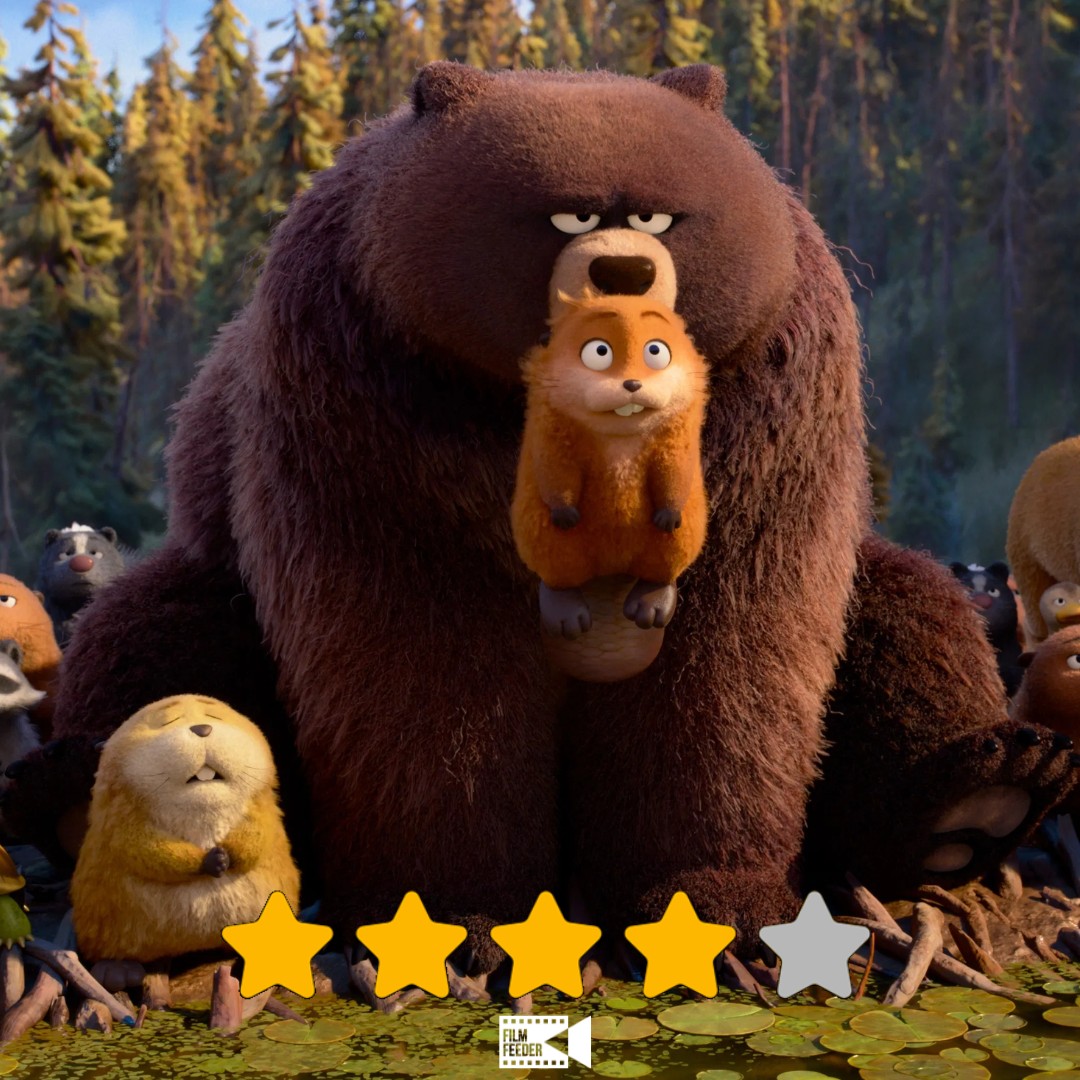
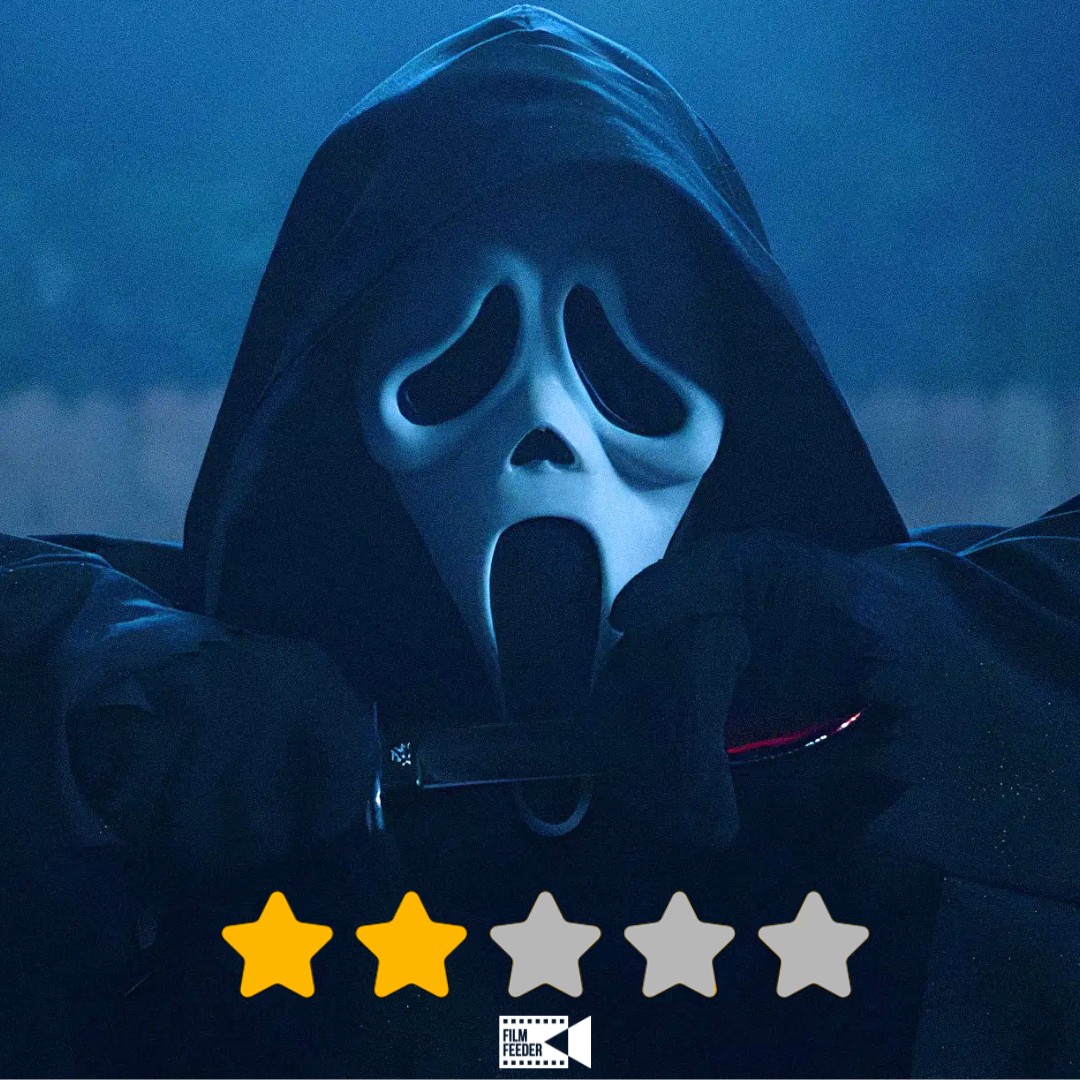

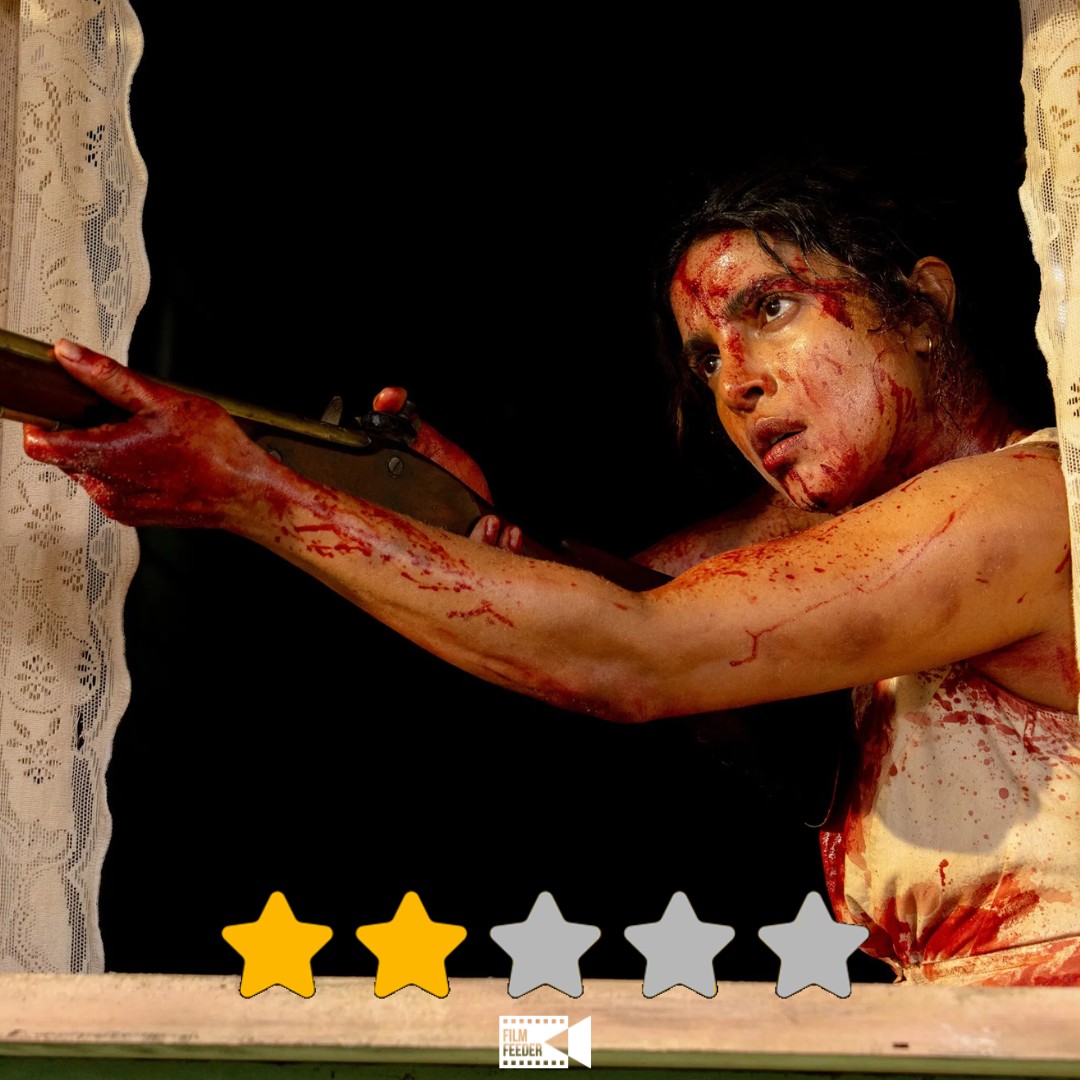
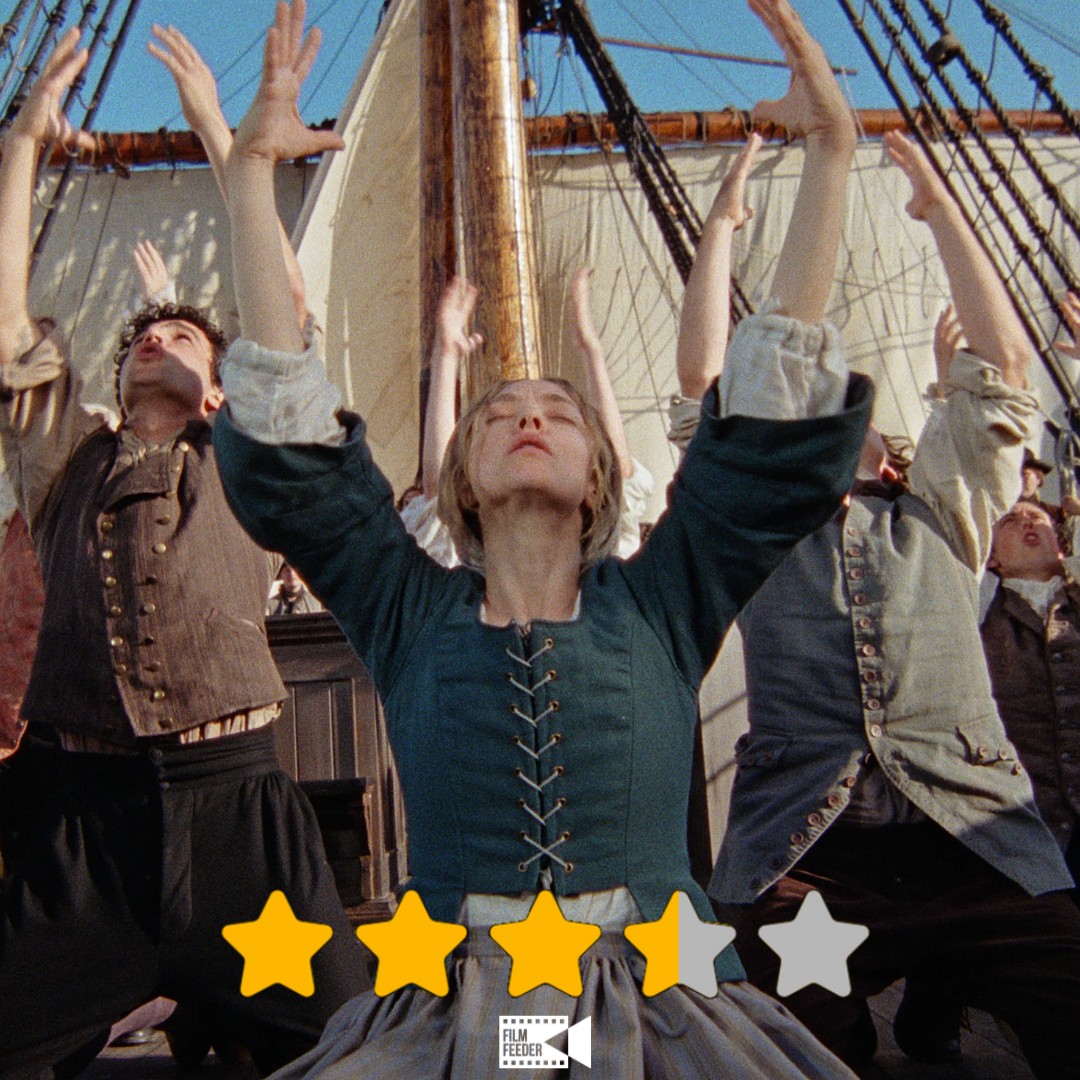


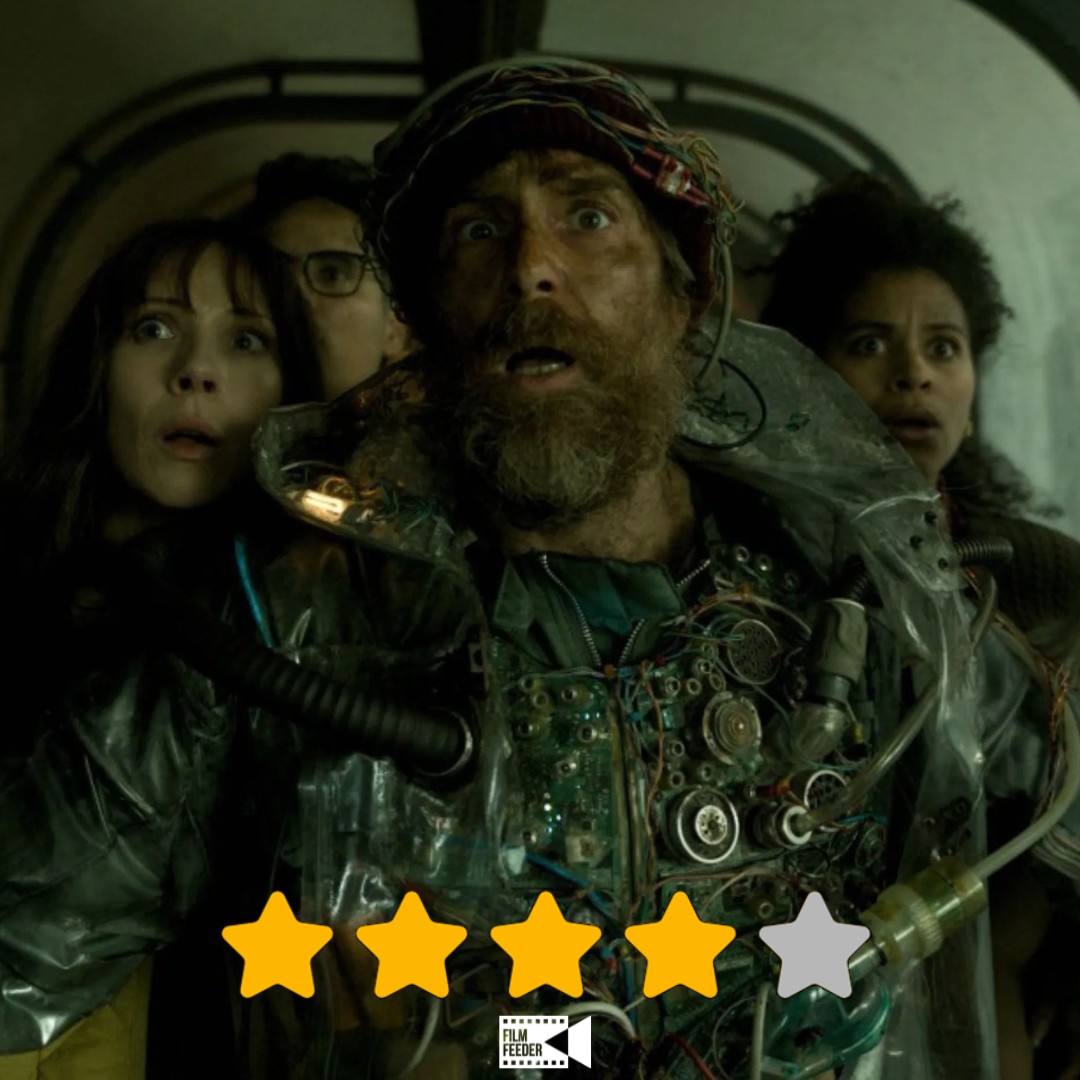
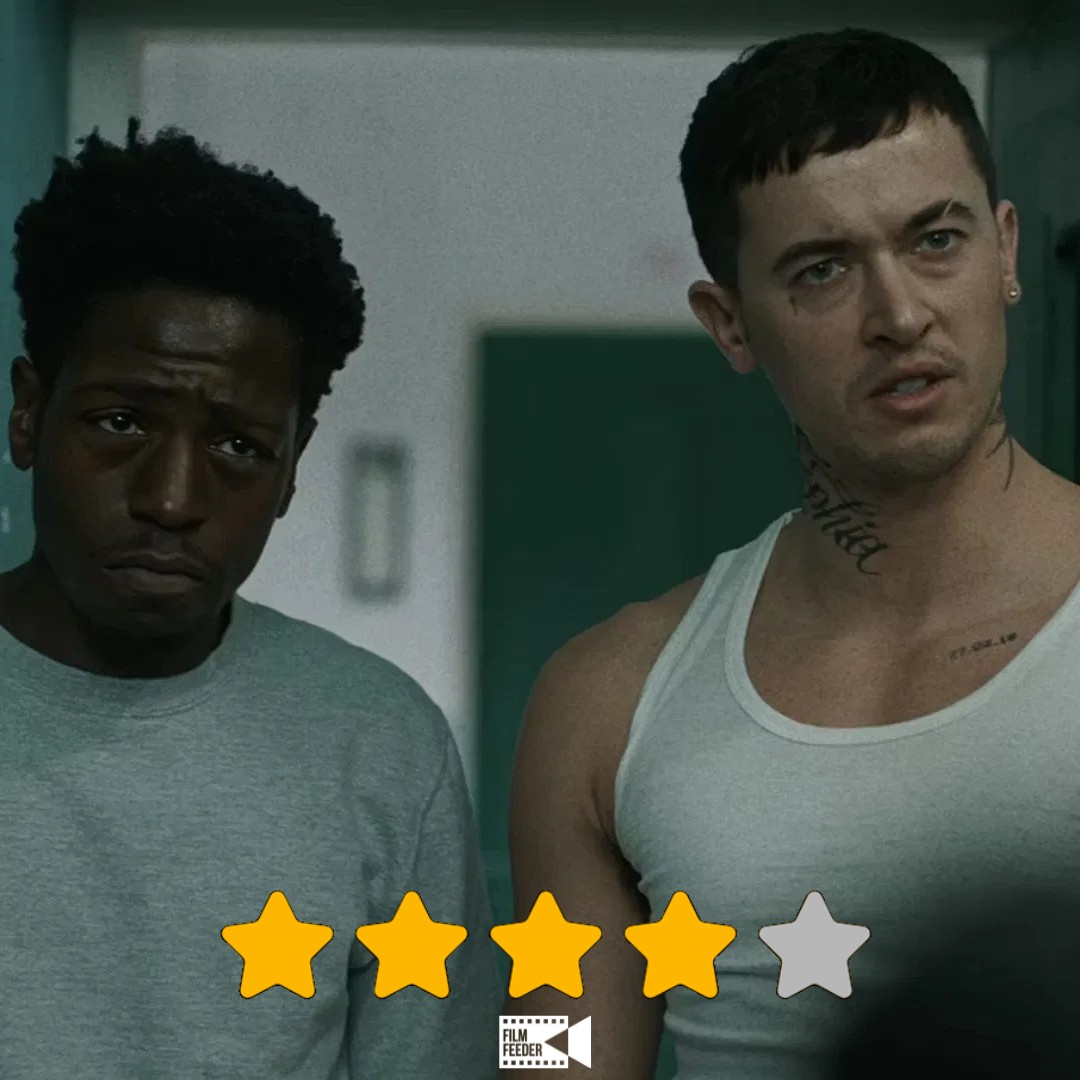
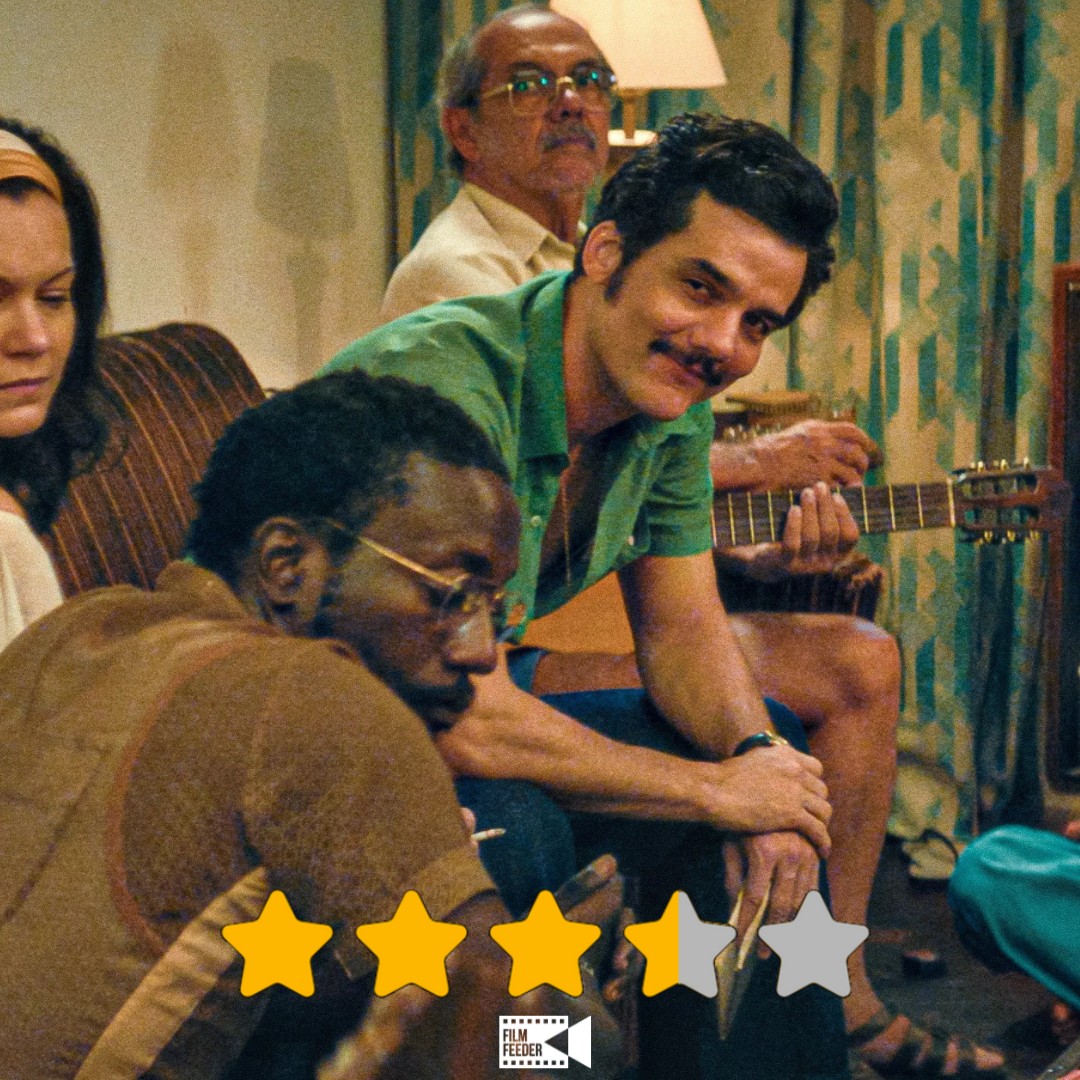
0 Comments